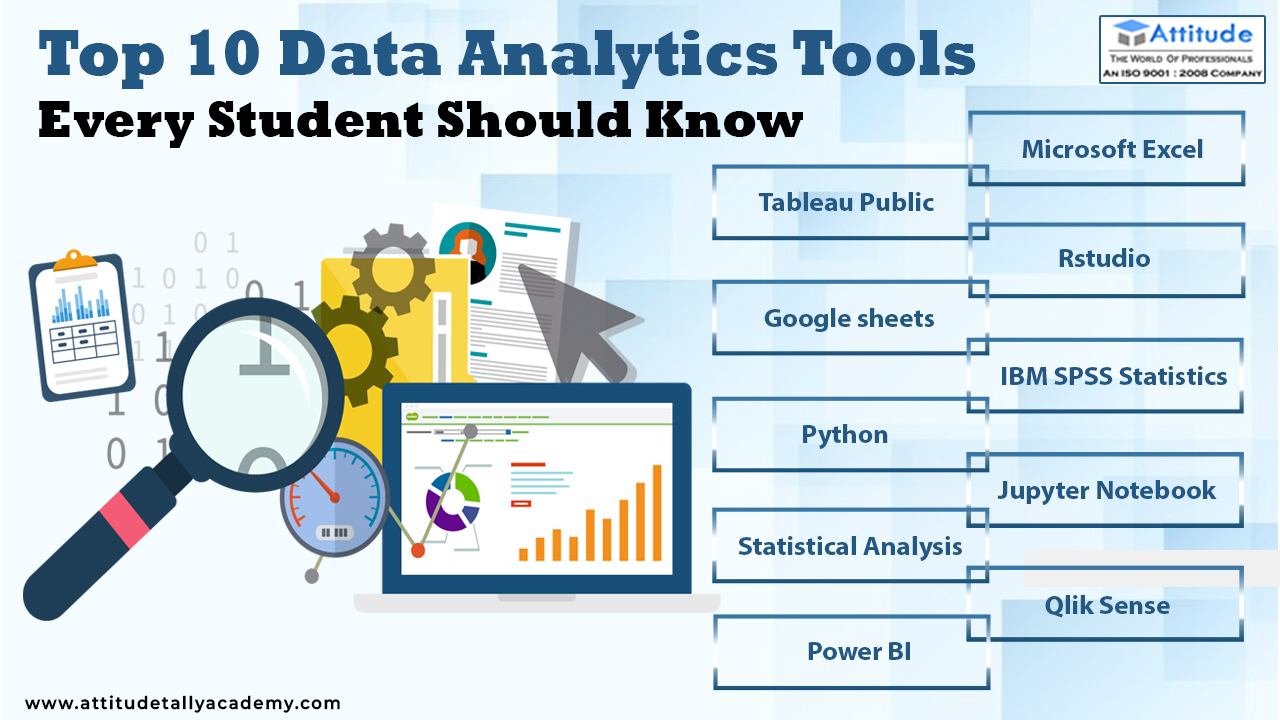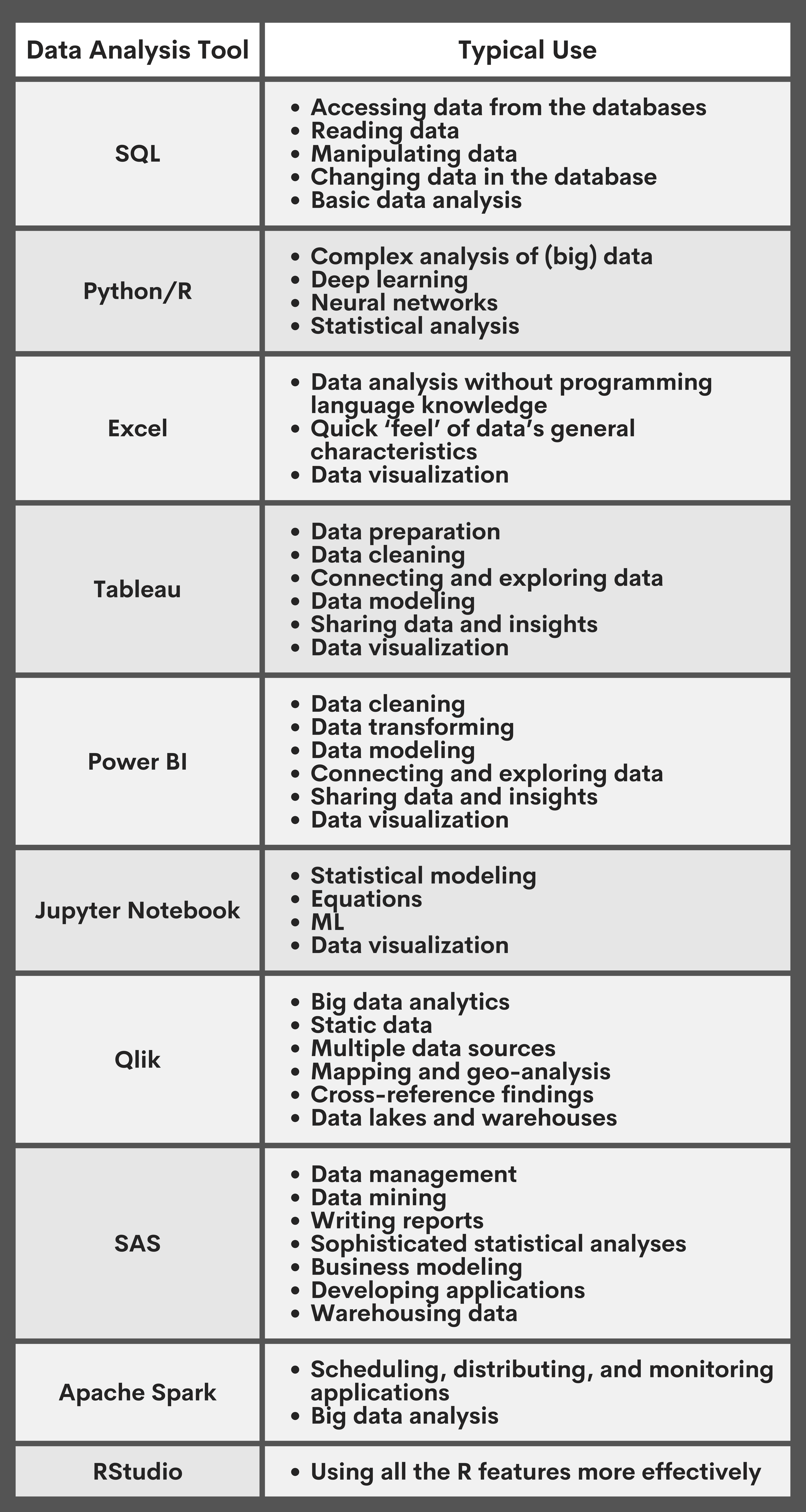How to Make Smarter Choices Utilizing Proven Analytics Techniques
How to Make Smarter Choices Utilizing Proven Analytics Techniques
Blog Article
Make The Most Of Development: Just How Analytics Drive Better Methods
In today's data-driven landscape, companies progressively acknowledge the critical role of analytics in forming effective growth strategies. By utilizing information understandings, services can refine their operational methods, expect market adjustments, and improve customer engagement. However, the obstacle lies not only in gathering information but in properly translating it to drive substantial end results. As we explore the crucial advantages and methodologies connected with analytics, a vital question arises: just how can companies guarantee they are leveraging these insights to open their full possibility? The response might redefine the future of critical planning.
Understanding Information Analytics
Information analytics is an organized computational evaluation of information that allows organizations to uncover meaningful patterns and understandings. This process encompasses a variety of techniques, including analytical analysis, anticipating modeling, and information mining, which jointly intend to change raw data into actionable info - Analytics. By employing these approaches, organizations can make educated decisions that are rooted in empirical evidence as opposed to instinct alone
The structure of data analytics exists in its capability to take care of vast amounts of info from diverse sources. This consists of organized information, such as databases, and disorganized data, consisting of social media sites interactions and customer comments. Through using specialized software program and devices, experts can extract and refine this data effectively, determining trends and relationships that might not be immediately noticeable.
Understanding data analytics likewise includes identifying the relevance of data quality and stability. Reputable and precise information is crucial for meaningful analysis; thus, organizations need to implement durable data administration methods. The iterative nature of analytics enables for constant improvement and improvement of strategies, making sure that companies remain agile in the face of transforming market dynamics and consumer habits.
Key Advantages of Analytics

Among the key advantages of analytics is its ability to offer workable insights. Organizations can swiftly assess vast quantities of data, uncovering patterns that might not be immediately noticeable. This helps in preparing for market shifts and adapting techniques accordingly. In addition, analytics cultivates a society of evidence-based decision-making, minimizing reliance on intuition and uncertainty.
Another considerable benefit is enhanced consumer understanding. Analytics devices make it possible for services to segment their audience, track customer behavior, and personalize marketing efforts. This targeted method not just improves client involvement yet additionally drives greater conversion rates.

Implementing Analytics Strategies
To completely recognize the advantages of analytics, organizations must take on structured techniques for application. This begins with clearly defining purposes that align with more comprehensive company objectives. By developing certain, quantifiable outcomes, companies can focus their analytics efforts on locations that yield the highest roi.
Following, organizations ought to prioritize data governance to guarantee the stability and safety of the data being examined. This entails establishing procedures for data collection, storage, and access while sticking to relevant guidelines. Making sure high-grade information is essential for creating meaningful insights.
Furthermore, promoting a society of data-driven decision-making is crucial. This requires training employees to analyze analytics searchings for and encouraging cooperation across departments. They are a lot more likely to incorporate insights into their daily procedures. when teams understand the value of analytics.
Last but not least, organizations need to consistently assess and refine their analytics approaches. The landscape of information and innovation is continuously developing, and staying versatile will certainly allow companies to take advantage of brand-new devices and methods effectively. By carrying out these structured approaches, companies can make best use of the influence of their analytics campaigns and drive lasting development.
Devices for Efficient Evaluation
Efficient analysis relies upon a range of devices that help with the extraction of insights from data - Analytics. These tools can vary from straightforward spread sheet applications to innovative machine discovering platforms, each offering an unique function in the analytical procedure
Information visualization software program, such as Tableau and Power BI, plays a critical role in changing complicated datasets into easy to understand visual representations. These devices allow analysts to identify patterns and patterns swiftly, enabling more click for more informed decision-making.
Analytical evaluation software, like R and SAS, uses innovative capabilities for carrying out thorough evaluations, consisting of regression, hypothesis testing, and anticipating modeling - Analytics. These attributes empower organizations to draw purposeful final thoughts from their information, identifying potential possibilities and risks
Moreover, data source administration systems such as SQL and NoSQL databases give the needed facilities for keeping and quizing large quantities of data effectively. They ensure that data is arranged and obtainable for evaluation.
Last but not least, service intelligence platforms integrate numerous data sources, giving an extensive view of organizational efficiency. By making use of these tools effectively, companies can boost their analytical capacities, enabling them to develop approaches that make the most of development and boost overall performance.
Instance Researches of Success
Successful organizations often utilize data analytics to drive impactful approaches, as check confirmed by a number of notable case research studies. By employing these understandings, Netflix has actually effectively customized its content recommendations, resulting in boosted individual interaction and subscriber retention.

In addition, Starbucks employs information analytics to figure out optimum shop areas and improve its product offerings. By taking a look at client demographics and acquiring patterns, Starbucks efficiently determines high-potential markets and tailors its food selection to regional tastes, driving sales and consumer commitment.
These situation researches illustrate that reliable usage of information analytics can bring about critical advantages, fostering technology and development within companies across different markets.
Final Thought
Finally, the combination of analytics into organizational techniques dramatically boosts decision-making processes and promotes sustainable development. By leveraging data-driven insights, services can determine trends, expect market changes, and optimize procedures. The reliable execution of analytics tools even more sustains dexterity and development, making it possible for companies to browse affordable landscapes with greater precision. Inevitably, a dedication to analytics not only drives prompt performance enhancements yet likewise secures lasting success in an ever-evolving market.
Information analytics is a methodical computational evaluation of data that makes it possible for organizations to reveal meaningful patterns and understandings.Understanding information analytics also includes identifying the significance of information quality and honesty. Reputable and exact data is vital for meaningful analysis; hence, organizations need to implement robust information administration practices.Next, companies need to prioritize data administration to make certain the integrity and protection of the information being evaluated.Successful companies often leverage data analytics to drive impactful methods, as shown by several noteworthy instance researches.
Report this page